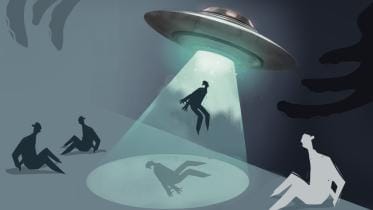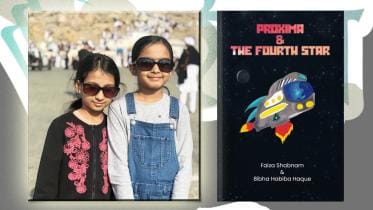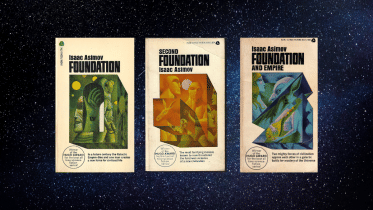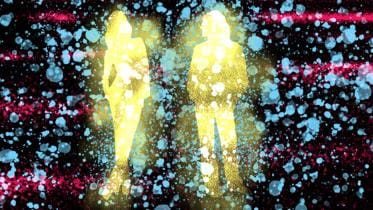Science fiction
How you too can nearly, almost, probably become a Jedi Knight
At its core, 'Star Wars' is a classic tale of underdogs taking on a powerful enemy; it's a story of hope and perseverance, of standing up for what's right even when the odds are against you.
3 May 2023, 13:00 PM
Why we can’t get enough of aliens
In the US, an alien is not just an extraterrestrial; it could simply mean someone from a foreign country.
27 April 2023, 15:00 PM
What makes Professor Shonku so special to us?
As Bengalis, we have grown up reading Satyajit Ray. Who does not remember the clever, witty, and adventurous detective, Feluda? Or the highly revered Professor Shonku, an eccentric scientist, inventor, explorer, and polyglot?
Today, we celebrate one of these characters, Professor Trilokeshwar Shonku, paying a humble tribute to the Bengali maestro that is Satyajit Ray. For many of us, Ray was the entrance to Bengali literature, and the Shonku series — an influential work of science fiction in the Bengali language.
20 February 2023, 12:34 PM
To be human for the corporation: Olga Ravn’s ‘The Employees’
These characters, human and machine alike, are invited to provide witness statements about their working environment to a commission, which form the entirety of the novel—a design that helps Ravn bring about an atmosphere of tension.
19 January 2023, 12:30 PM
How Jules Verne’s ‘Journey to the Centre of the Earth’ got me through typhoid
Jules Verne opened my eyes to the wonderful world of science-fiction, a world where the pinnacle of human imagination meets the beauty of the known.
30 September 2022, 12:50 PM
The Second Species
A hundred years ago humans welcomed a new species of their kind, Homo debilis-sagax.
16 June 2022, 00:00 AM
‘We want to be writers when we grow up’: New sci-fi novella by sisters, fourth-graders
Cousins Faiza Shabnam and Bibha Habiba Haque, students of Class 4 in Dhaka’s Scholastica school, have written a novella about three space travelling teenagers.
16 March 2022, 08:48 AM
At long last, a ‘Foundation’
Originally published as a series of short stories in the 1940s, the Foundation series—expanded later with a string of prequels and sequels—became Asimov’s greatest contribution to the genre and remains, to this day, one of the greatest reads for any SF connoisseur.
30 August 2021, 07:28 AM
Get ready to teleport!
Today is the future that people have been talking about. Hover boards and self-driven cars are beginning to go mainstream, so why should the concept of teleportation still be a part of the distant future?
16 October 2015, 05:13 AM
“Chappie” to release in Dhaka on US release date
“Chappie”, a science-fiction film by Neil Blomkamp (“District 9”), is releasing in Dhaka on March 6, the same day as its US release.
3 March 2015, 18:00 PM












